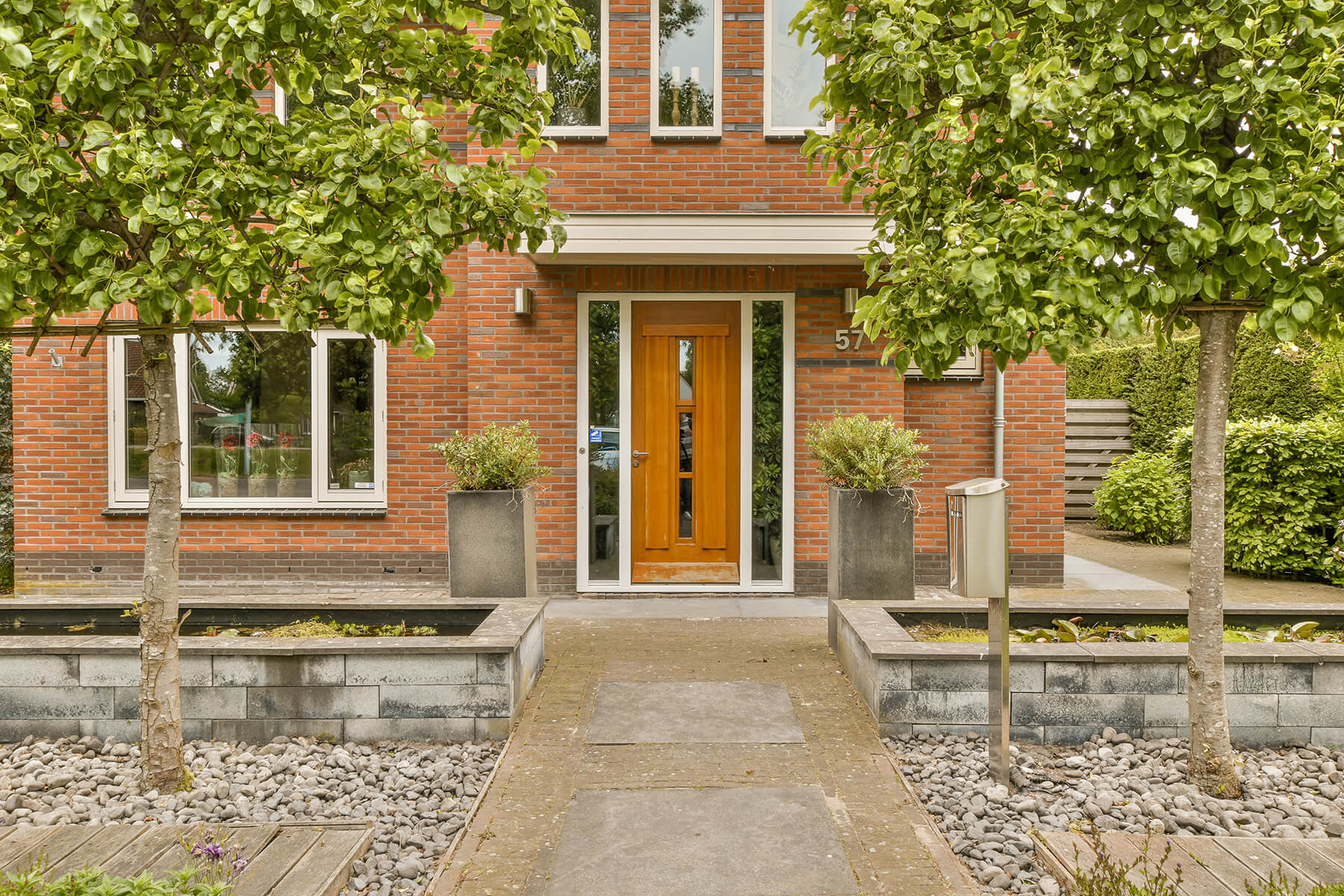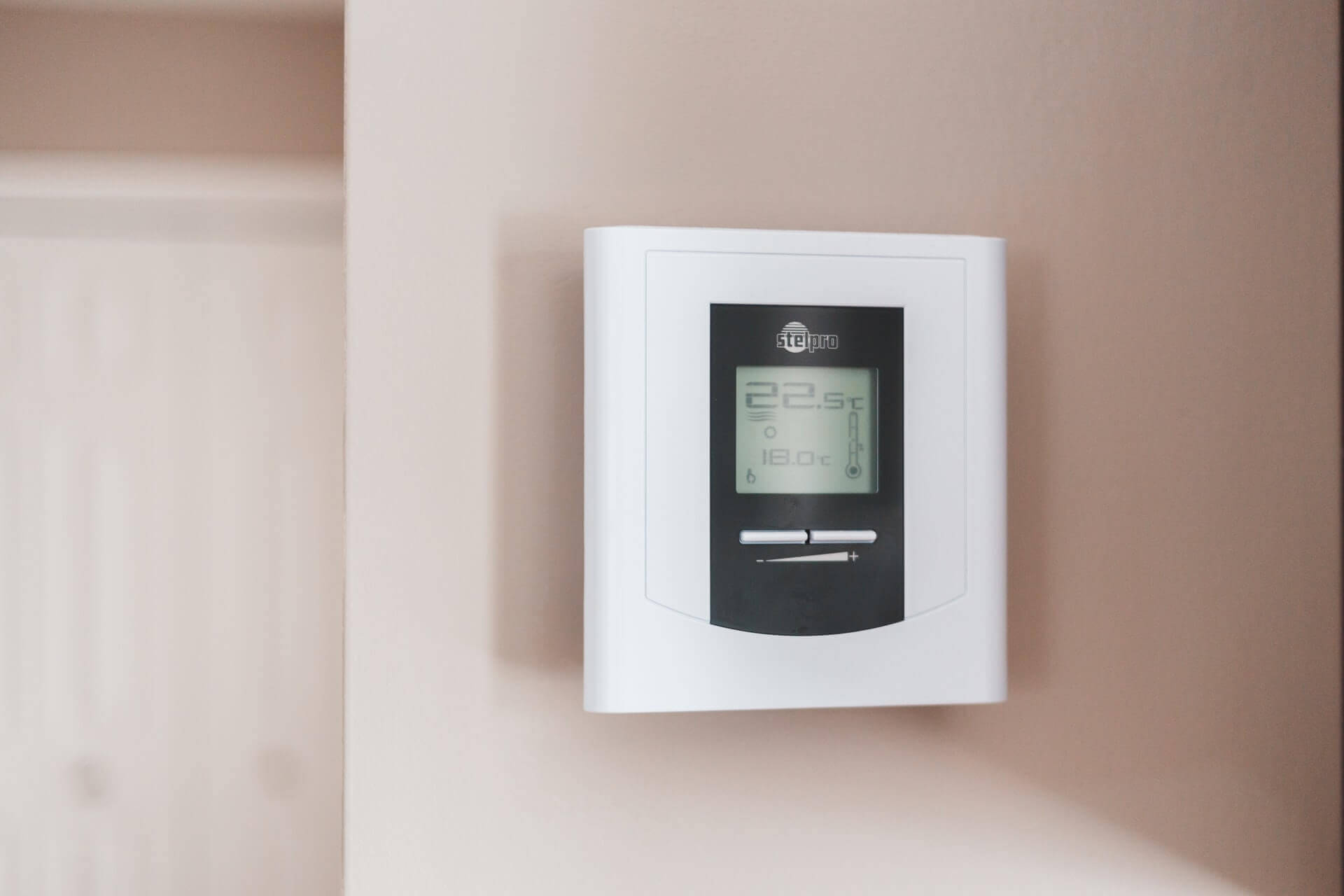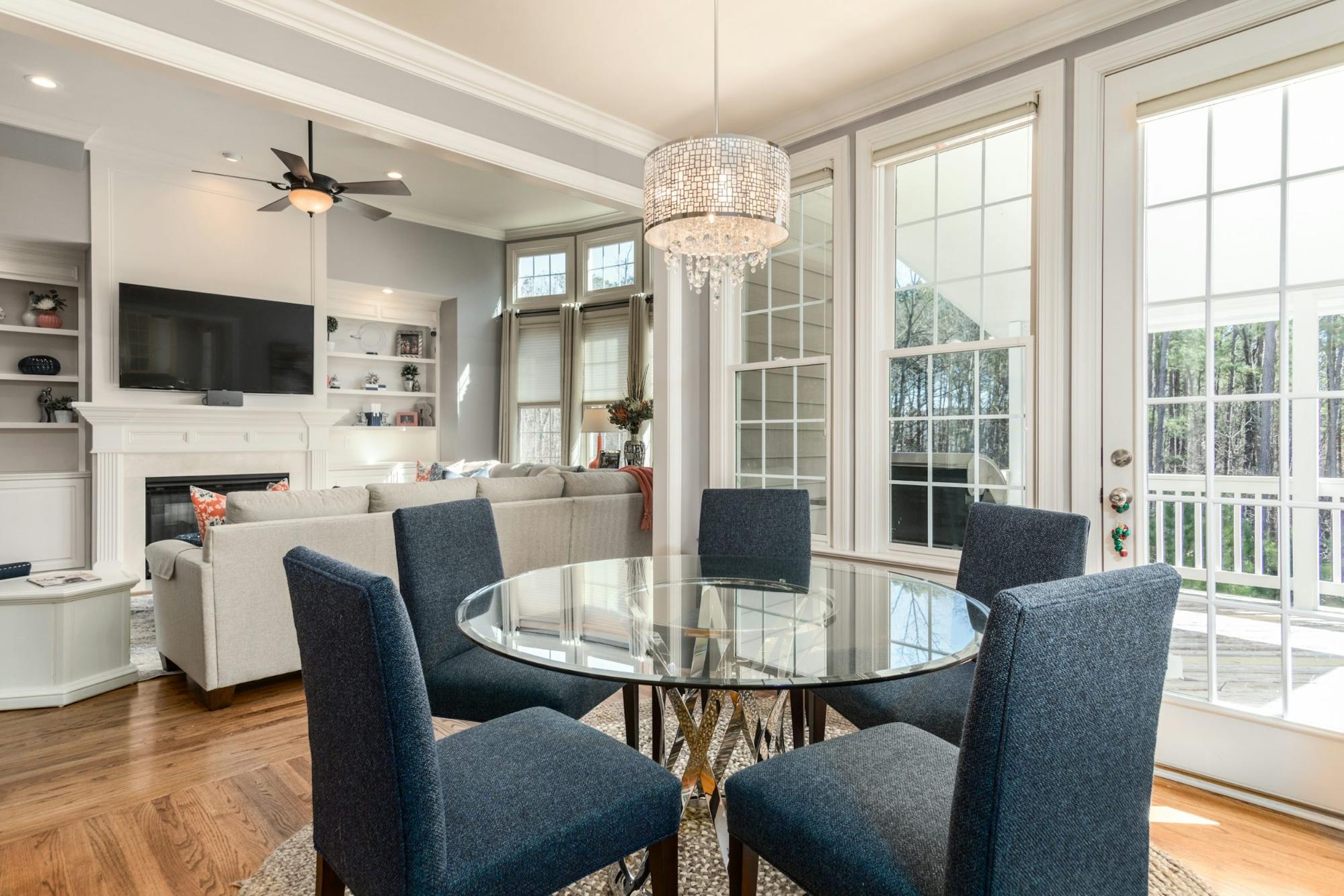How do you choose the best front door for your home?

The front door to a house is much more than just a functional element. It serves as the first point of contact for visitors and should reflect the style and safety of the home. Choosing the best front door can seem like a challenge due to the multitude of materials, designs, and features available. This article will guide you through the essential factors to consider in order to make an informed choice when it comes to a front door.
1. Safety above all
Security is arguably the most important factor to consider when choosing your front door. The door is the first line of defense against intrusions, so it is essential that it is sturdy and resilient.
Durable materials:
Front door materials play a key role in security. Steel doors are particularly recommended for their strength. They offer excellent resistance to break-in attempts. Solid wood doors, while elegant, may be less secure if they are not reinforced with metal components. However, they offer good thermal and acoustic insulation. Fibreglass doors are also a popular choice because they are strong, weather resistant, and require virtually no maintenance.
High quality locks:
Choosing a quality lock is crucial to ensure safety. Opt for multi-point locks, which lock the door in multiple places, making breaking in much more difficult. Also, make sure the lock is certified to meet safety standards.
Additional reinforcements:
It may be a good idea to add elements such as security bars or latches to reinforce the front door and make it even more resistant to break-in attempts.
2. The style and aesthetics of the door
The front door is often seen as the “face” of the house. It must therefore harmonize with the architectural style of your home while being welcoming. Here are a few things to consider when choosing an aesthetically appealing door:
The design:
Entry doors are available in a multitude of styles. Traditional wooden doors are perfect for older or rustic homes, while steel or fibreglass doors are more suitable for modern homes. You can also opt for mixed doors, combining several materials for greater flexibility.
Windows and glass panels:
The windows or glass panels integrated into the door allow natural light to flow in while offering a touch of elegance. It is important to choose windows that do not compromise safety. Laminated or tempered glasses are safe options because they are more impact resistant.
The color and the finish:
The color of the front door should match the exterior of your home. Neutral shades, such as black, gray, or white, are often chosen for their timeless elegance. However, if you want to add a touch of character, bright colors or wood finishes can add charm to your entryway.
3. Thermal and acoustic insulation
A front door plays an essential role in insulating your home. A good door helps keep the heat in and blocks outside noise, which improves everyday comfort.
Thermal insulation:
Steel, solid wood or fibreglass doors offer excellent thermal insulation. A poorly insulated door can cause significant heat loss, increasing your heating costs. It is therefore essential to check the thermal insulation characteristics of the door before making your choice. Some doors are also equipped with seals that help prevent drafts and optimize energy efficiency.
Acoustic insulation:
Well-designed doors reduce outside noise, providing a quieter and more pleasant indoor environment. If you live in a noisy neighborhood, choose a door that offers good acoustic insulation to enjoy maximum peace and quiet.
4. Maintenance and durability
A front door is exposed to weather, humidity, and other natural elements, so it is important to choose a durable material that is resistant to the climatic conditions in your region.
Wooden door:
Wooden doors are timeless, but they require regular maintenance, including treatment against humidity, insects, and weather. Wooden doors need to be repainted or repainted every few years to maintain their beauty and durability.
Steel or fibreglass door:
Steel and fibreglass doors are more resistant to outdoor elements. They do not warp, rot and require little maintenance. In addition, they are less likely to be damaged by weather or shock.
5. The budget and the quality/price ratio
The budget is a determining factor in choosing the front door. There are options for every budget, but it is important to consider the price/quality ratio. Sometimes it's better to invest a bit more upfront to get a better quality door that will last longer and offer better safety, insulation, and maintenance performance.
High-end doors vs economical doors:
High-end doors, often custom made, may cost more, but they will offer features like better insulation, stronger security, and durable materials. On the other hand, an economical door may be a good choice for a smaller budget, but make sure it meets the minimum safety and insulation criteria.
6. Choosing the professional for installation
Finally, installing the door is just as important as choosing the product itself. A poorly installed door can compromise its performance in terms of safety, insulation, and durability. It is therefore essential to call on a qualified professional to install your front door. An expert will be able to guarantee an impeccable installation, in particular by adjusting the door to avoid drafts and ensure perfect tightness.
Conclusion
Choosing the best front door for your home is an important decision that affects the safety, aesthetics, insulation and comfort of your home. Take time to consider materials, style, insulation, durability, and safety before making your choice. A well-chosen front door can not only improve the appearance of your home but also provide a safer and more pleasant indoor environment. Finally, remember that the correct installation of the door is essential to ensure its long-term performance.
Guarantee: No traces, no stress — only lasting results.
5 000 +
96%
$6,275



.avif)



